Tea is the most popular beverage among Chinese people, and it plays a significant role in health preservation. Drinking tea in winter can provide health benefits and regulate the body.
The Best Health Teas for Winter
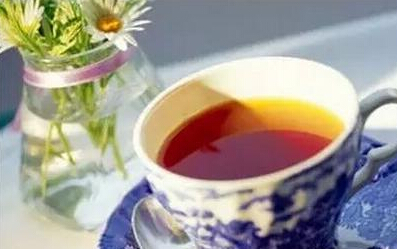
Flu is a common illness in winter. To prevent flu, drink black tea. Black tea is sweet and mild, rich in protein and sugar, which can enhance the body's resistance to cold and help digest greasy food. Gargling with black tea or drinking it directly in winter can effectively prevent flu and also alleviate gastrointestinal issues.
Oolong tea · Relieves Dry Skin
Winter weather is dry, and lips can easily become chapped. Office workers should remember to drink oolong tea, which aids in digesting proteins in the body. Additionally, oolong tea can improve skin sensitivity.
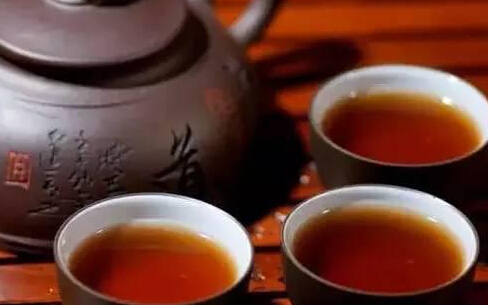
Pu-erh tea has a mild nature, making it most suitable for winter consumption. Winter is a season of heavy cold and stored阳气 (yang energy), and ripe Pu-erh tea can generate warmth and heat the stomach. Moreover, Pu-erh tea also helps control weight. Replacing other high-calorie sweet drinks with low-calorie Pu-erh tea can help manage calorie intake.
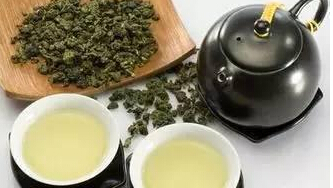
Do Not Drink Tea This Way in Winter
Do not drink tea on an empty stomach.
In winter, the digestive system is already weaker than in summer. Drinking tea on an empty stomach can immediately irritate the stomach, increasing its burden and leading to complete digestive dysfunction.
Do not drink scalding tea.
In cold weather, people tend to use boiling water to brew tea, which is also incorrect. It not only diminishes the tea's efficacy but also irritates the stomach and oral mucosa, harming health.
Do not drink strong tea.
Strong tea contains large amounts of substances like theophylline, which directly stimulate the body, causing weakness, indigestion, and other symptoms.
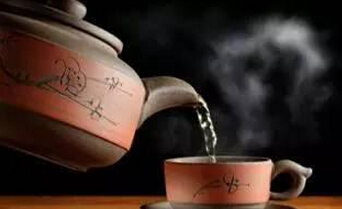
The tea is good, but is the water good too?
Some people lament, "The same tea leaves brewed with different waters taste completely different. Why?" In fact, brewing good tea depends not only on skill but also on mood, environment, and the choice of utensils. However, the most critical factor affecting the taste of tea is the water used.
In Dream of the Red Chamber, Cao Xueqin wrote a passage where Miaoyu treats Lin Daiyu and Xue Baochai to tea. She uses snow collected from plum blossoms five years earlier, stored in a porcelain jar and buried underground, only to be unearthed five years later for brewing tea. She claims this method produces the purest and most mellow tea flavor.
Other ancient texts also mention using rainwater or snowmelt to brew tea, indicating that natural rainwater and snowmelt were commonly used for tea in the past. Back then, natural rainwater and snowmelt were relatively clean, with rainwater even被誉为 (revered as) "water from heaven," and snowmelt, especially from fresh snow, often被视为 (considered) "holy water."
"Ancient methods of brewing tea with such water are largely impractical today." Nowadays, rivers and lakes are普遍 (generally) polluted due to environmental factors, making natural water unsuitable for brewing tea.
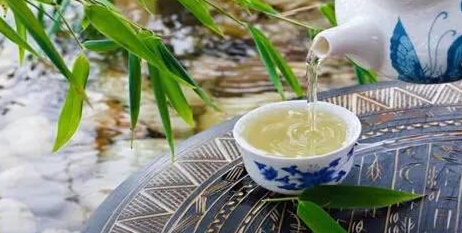
What is the best water for brewing tea?
Healthy drinking water expert Zhao Feihong states that the quality of the water source is crucial. The better the water, the simpler the processing, and the fewer消毒剂 (disinfectants) and other additives are used. Therefore, water from nature reserves or remote areas should be our first choice. Water from sparsely populated, industrial-free areas retains its pristine state and is exceptionally clean. Experts note that while such water is not readily available for direct use in brewing tea, it can be bottled and used as premium water for tea.